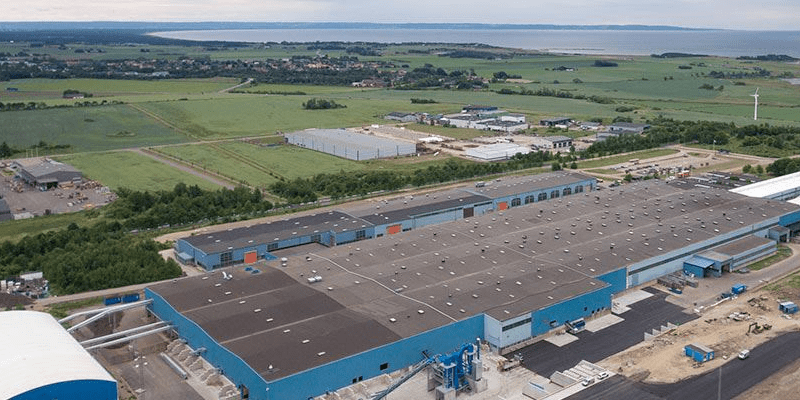Johnson Matthey & Stena launch battery recycling project
The British chemical company Johnson Matthey has concluded an agreement with Stena Recycling. The aim of the cooperation is to develop an efficient value chain in Europe for the recycling of lithium-ion batteries and battery cell materials.
This includes, but is not limited to, batteries from electric vehicles. Unlike the circular economy project of Kia and SK Innovation, which focus on vehicle batteries, the British-Scandinavian cooperation is broader in scope.
That being said, based on their capacity alone and the strong start-up market, electric car batteries will also be an important part of the cooperation. The ramp-up of electric mobility will “lead to an exponential increase in demand for recycling, which is critical for the recovery of critical metals such as lithium, nickel and cobalt, and reduces the carbon footprint of battery electric vehicles”, Johnson Matthey said.
The division of tasks will be made as follows: recycling and waste management expert Stena is currently implementing facilities and processes to extract the materials from the batteries for further refining. The chemical company Johnson Matthey will then take over this refining and is developing the necessary processes for this.
The declared goal, as with Kia and SKI, is to obtain materials that are suitable for the production of lithium-ion batteries again. In this way, the recycling content of new batteries is to be gradually increased. Especially the cathode material – i.e. lithium hydroxide, cobalt, nickel and manganese – is an important factor for the quality of the battery in terms of capacity and performance.
The battery business is not new to Stena Recycling, which recycles more than six million tonnes of material a year from all kinds of sectors at 173 sites in seven countries in Northern Europe. Together with Volvo Buses, Batteryloop, a subsidiary, is working on several second-life projects.





0 Comments